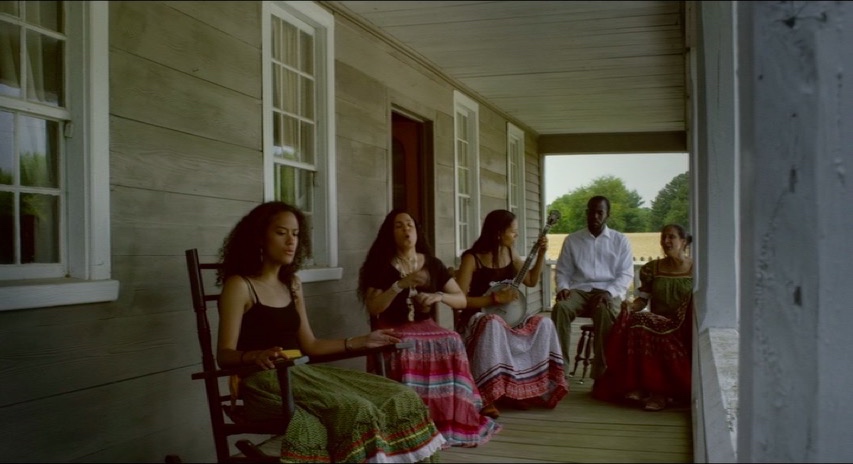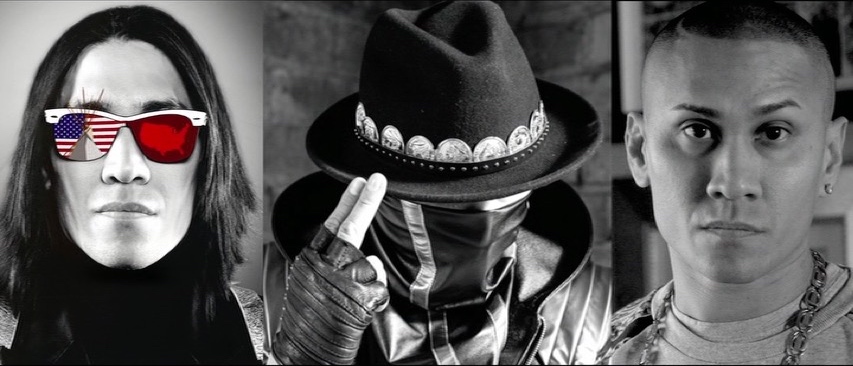« Coffee Break | Main | The Voice of the Moon »
October 24, 2017
Rumble - The Indians who Rocked the World

Catherine Bainbridge - 2017
Kino Lorber Region 1 DVD
It was definitely the title. How else to explain that an instrumental would be banned in Boston and New York. The music doesn't suggest a street fight as much as an implacable force of nature, deliberately moving forward and claiming its turf. Link Wray doesn't get the kind of recognition as Elvis Presley, though Rumble suggests that Wray's influence may well have been as important in inspiring a number of teenage boys to pick up the guitar in the late Fifties. There is enough testimony claiming that Link Wray invented the power chord, that loud and distorted sound used by many rock bands to announce themselves.
Rock music is only a part of this documentary which may have better served its subject as a longer work. The more interesting sections that need expansion would be on the Native American influence on music originating from the southeastern United States, permeating its way not always visible in popular music, as well as a more in depth look at jazz singer Mildred Bailey. In one segment, a group of Native American women are singing a song that suggests that the vocal music usually attributed to African-Americans, such as gospel, also has Native American roots. The film discusses the relationship of African-Americans with Native Americans from the colonial era through the time of Jim Crow laws. As for Bailey, a popular singer primarily in the 1930s, her way with a song influenced Tony Bennett, who briefly appears here, as well as Frank Sinatra, among others. With her particular legacy, Mildred Bailey probably deserves her own documentary.

Maybe not a full-length documentary, but I was also intrigued by the transformation of Pat and Lolly Vegas from their time as fixtures as part of the Los Angeles music scene in the early to mid-Sixties, to reinventing themselves as the leaders of the all Native American rock band, Redbone.
While the film is scattershot as a historical narrative, the filmmakers have chosen a loosely geographic sequence working westward from South Carolina through Canada, and finally ending in Los Angeles. Among those discussing their music and identity are Robbie Robertson, Buffy Sainte-Marie and Taboo, from the Black Eyed Peas.
While I commend the film for illustrating the influence of Charley Patton on the many blues and rock musicians he influenced directly or indirectly, the film temporarily goes off course be devoting several minutes to one of Patton's students, Chester Burnett, better known as Howlin' Wolf, seen in vintage footage performing for British teens following an introduction by Brian Jones and Mick Jagger. Also, while he wrote many songs devoted to Native American issues, singer-songwriter Peter La Farge was not Native American as is implied here. The flaws are minor compared to the the achieved goal of Rumble which has the viewer rethinking assumptions about American popular culture.
Posted by Peter Nellhaus at October 24, 2017 07:33 AM
